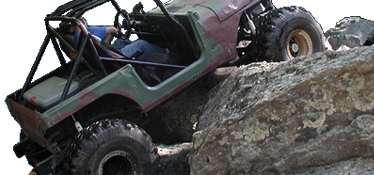Darkbloodmon
Active Member
- Joined
- Dec 21, 2020
- Location
- Concord, NC
This question has been in the back of my head the last few days.
Two tires identical in tread pattern but of different sizes. One is smaller, one is larger. Speed constant, vehicle weight proportional to load capabilities and normal operating range of both tires.
Everything else the same and constant. Will the larger tire last longer from less revolutions over its useful life than the smaller tire?
Two tires identical in tread pattern but of different sizes. One is smaller, one is larger. Speed constant, vehicle weight proportional to load capabilities and normal operating range of both tires.
Everything else the same and constant. Will the larger tire last longer from less revolutions over its useful life than the smaller tire?

